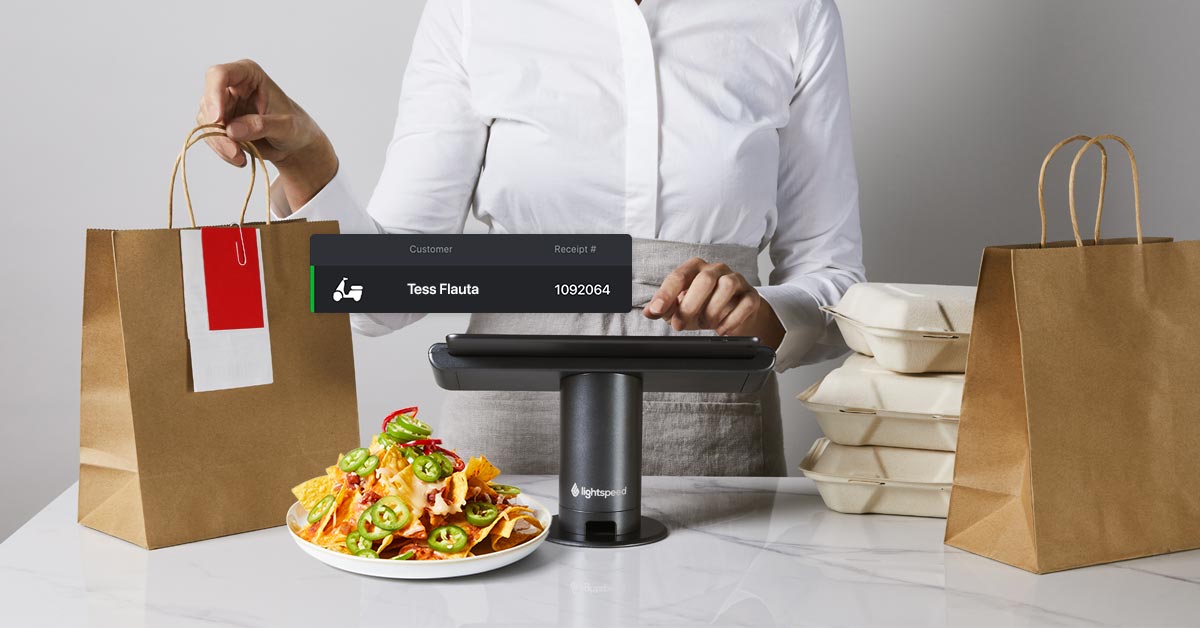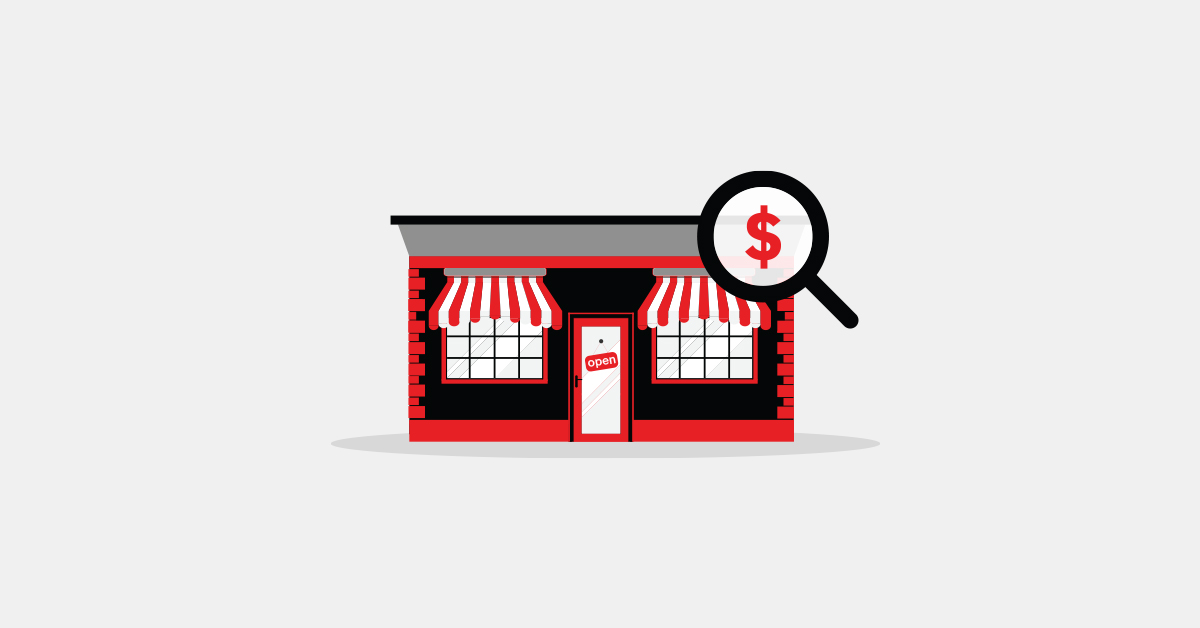
Technology has significantly shaken up the hospitality industry on more than one occasion over the past century.
Way back in the 40s, we saw the apparition of the very first hotel management system Hoteltype, which allowed hoteliers to confirm room reservations on the spot. Later on, in the 90s, hoteliers saw the arrival of the first database management systems. For the first time in history, they could keep digital records, which made accessing information – reservations, customer information – much easier than with an Excel spreadsheet or a reservation book.
Now, years later, technology is once again making its mark. The hospitality industry is at “a tipping point in terms of cloud adoption”, with hoteliers expected to invest 7 – 8% more in cloud technology over the next 2 to 3 years. The current and future impact of cloud-based solutions is huge: it’s revolutionizing the way hoteliers run their businesses and interact with their customers.
Cloud-based hotel management systems – or, simply put, systems hosted by the vendor’s server rather than the hotel’s – give hoteliers a single, scalable system from which to manage every aspect of their hotel business. Think managing your hotel front desk, restaurant, reservations and accounts from one application on your computer. This sounds pretty great, but what does it mean for you, in practical terms?
Let’s take a look at some of the ways cloud-based technology is radically changing the way hoteliers run their hotels.
1. Slashes IT costs in half
Remember when you had to cough up a hefty sum for an annual software license and hardware installations, not to mention for things you may not have budgeted for, like bug patches and software updates? On-site hotel management software, managed by the hotel’s IT team, comes with considerable upfront, maintenance and running costs.

A Frost & Sullivan study showed that business can save 50% with cloud computing solutions. The apparition of the cloud and its flexible pricing has slashed businesses’ hardware costs, making it possible for even hotels with small budgets to run an advanced management system.
How? Cloud-based applications are offered as software as a service (SaaS). This means that, first, there’s no expensive hardware to install as they’re hosted by the vendor.
Second, the cost of general operational and maintenance fees, including updates and bug fixes, are part of the package and covered by the vendor. Lastly, SaaS hotel management systems are pay-as-you-go. Therefore, rather than having to pay a large sum for a long-term commitment, hoteliers can pay smaller amounts on a regular basis.
2. Transforms the guest experience
The modern-day traveler expects more from a hotel stay than ever before. Guests are more demanding and expect a personalized and highly convenient hotel experience; not just a place to sleep for the night.
With a cloud-based system, hoteliers can meet these evolving demands. Firstly, they can offer personalized experiences with the help of captured customer information. The cloud lets hoteliers record this data – their preferences, transactions and behavior – every time the customer interacts in some way with their hotel, such as ordering room service, eating in the hotel restaurant or even booking a day trip or spa session.
They can then use this data to make suggestions based on the customer’s preferences and behavior. You can also integrate an analytics tool, such as Snapshot, into your hotel management system to get a detailed overview of data across your hotel.

Secondly, they enable you to provide guests with the convenience and seamless experience they expect, even before they step into the hotel reception. Armed with a cloud-based POS system, you can give your guests the convenience they now expect from a hotel stay, such as booking rooms on their mobile phones or accessing their room from an app, to name a few examples. This personalized service will help you meet the needs of the evermore connected modern traveler and gain a competitive advantage.
This personalized service will help you meet the needs of the evermore connected modern traveler and gain a competitive advantage.
3. Offers hoteliers limitless scalability

With traditional software, hoteliers are limited to standalone software packages. What happens when your hotel business is thriving and you want to scale up the capacity of your existing management system? Or perhaps you don’t need all the resources your software provides but have no option to scale down? The reality is that with traditional hotel management software, adding and removing resources is difficult and hoteliers are essentially stuck with one system until the license expiry date. You’re in a contract, with very little wiggle room.
The reality is that with traditional hotel management software, adding and removing resources is difficult and hoteliers are essentially stuck with one system until the license expiry date. You’re in a contract, with very little wiggle room.
Cloud-based software gives hoteliers a hotel management system that facilitates rather than restricts business operations. Unlike their on-site predecessors, cloud-based hotel management systems are entirely scalable – they have an unlimited capacity to expand. They give hoteliers the agility and freedom to add or remove resources in line with their growth and scale their hotel management systems to the services they offer.
4. Gives flexibility to work with multiple vendors
Traditional hotel management software limits hoteliers’ freedom to work with several different vendors. It can’t be easily integrated with software from different providers, so if you want to add new features to your management system that aren’t offered by your software provider or integrate your various management systems together, well, you’ll have a hard time doing so. It would probably involve a technical, time-consuming and costly operation.
One of the biggest strengths of a cloud-based hotel management system is that it can be easily connected to other software applications, even if these applications don’t share the same provider.
For hoteliers, this capacity and the possibilities that it brings are revolutionary. They now have limitless flexibility to work with the vendors of their choice and can bundle applications together thereby creating a truly customized management suite that meets their needs.
What does this kind of bundle look like? One example would be an integration of a property management system such as StayNTouch or Webrezpro, an accounts management system like Xero and a restaurant management system like Lightspeed’s Restaurant PMS integration. But the possibilities are endless. The point is that the cloud lets you create a customized management system that’s right for your business.
The future of hospitality is in the cloud

The hotel industry may be one of the last to join the cloud computing party, but the impact that cloud technology has had – and will continue to have – on the hospitality industry shouldn’t be underplayed.
Cloud-based technology gives hoteliers the key to run smart businesses that are in tune with modern-day travelers, and more profitable. It’s clear to see that the cloud is disrupting this industry – and for the better

News you care about. Tips you can use.
Everything your business needs to grow, delivered straight to your inbox.


